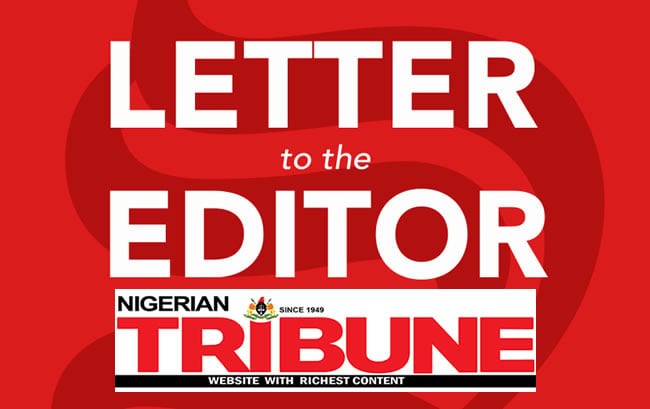
Comfort Yakubu
Recently, it was widely reported that Warner Music Africa (WMA) is reinforcing its commitment to Nigeria’s creative sector through strategic engagements with key government officials.
The reports said WMA plans to expand its coverage into Nigeria through Lagos in a move that aims to amplify African artists’ voices on the global stage while fostering innovation and inclusivity in the region’s dynamic creative landscape.
The reports suggested that WMA’s has a long-term dedication to Nigeria, including investments in local businesses and contributions to the country’s creative.
But what is Warner Music Africa up to, helping or exploiting?
Only recently, a judgment from the Commercial Division of a High Court in London ruled on a loan dispute between Nigeria’s legacy music label, Chocolate City, and the American record label WEA/WMG.
The judgment prohibits Chocolate City from prepaying a $1.7 million loan ahead of its 2024 due date and affirmed WEA/WMG’s right to choose between full payment with interest or converting the loan into 60 percent of Chocolate City’s shares.
The court’s decision thwarted Chocolate City’s attempt to exit the loan early, preventing the lender from demanding a majority share of the company. The dispute arose when Chocolate City sought to prepay the loan in 2022, contrary to the loan agreement, which did not envisage early repayment.
Despite Chocolate City’s argument, citing clauses in the agreement, the judge ruled in favour of WEA/WMG’s interpretation, stating that prepayment was not permitted.
This ruling granted WEA/WMG the discretion to accept cash payments or convert the loan into shares when due. The judgment’s implications potentially put Chocolate City at risk of losing a majority of its shares to WEA/WMG.
How is it possible that a Nigerian firm worth millions of dollars can be sold to an American firm by order of a London court?
It is important that, as a society, we are watching these types of developments and what they mean for Nigeria’s music industry and the well-being of the national and regional music markets. Music is not like oil; it reflects our history, our culture, our dignity, and our labor.
Professor Olufunmilayo Arewa, a leading copyright and music scholar in the US, has argued that many black musicians signed promising deals with leading music firms in the US but were kept in a subordinate position though their music was a “central creative resource” in the industry and culture.
The government must carefully consider the terms on which these firms merge and take over Nigerian firms, while the laws of the country must ensure that Nigeria’s music market, and indeed Africa’s music market, does not give control of our culture to others and avoid destroying local music firms and robbing artistes of meaningful returns for their creativity.
Comfort Yakubu, [email protected]
ALSO READ: Gov Yusuf settles Ado Bayero’s daughter’s rent after eviction notice in Lagos
Source: